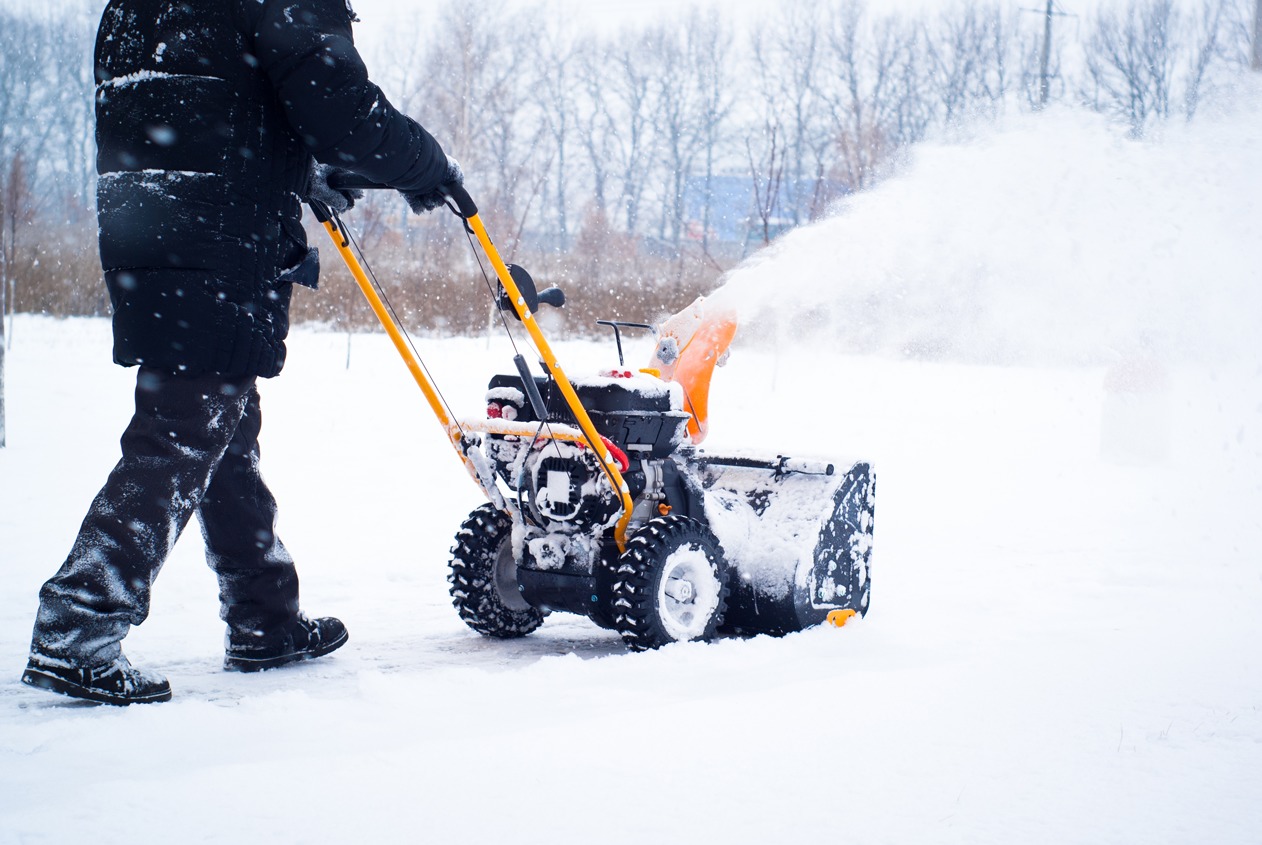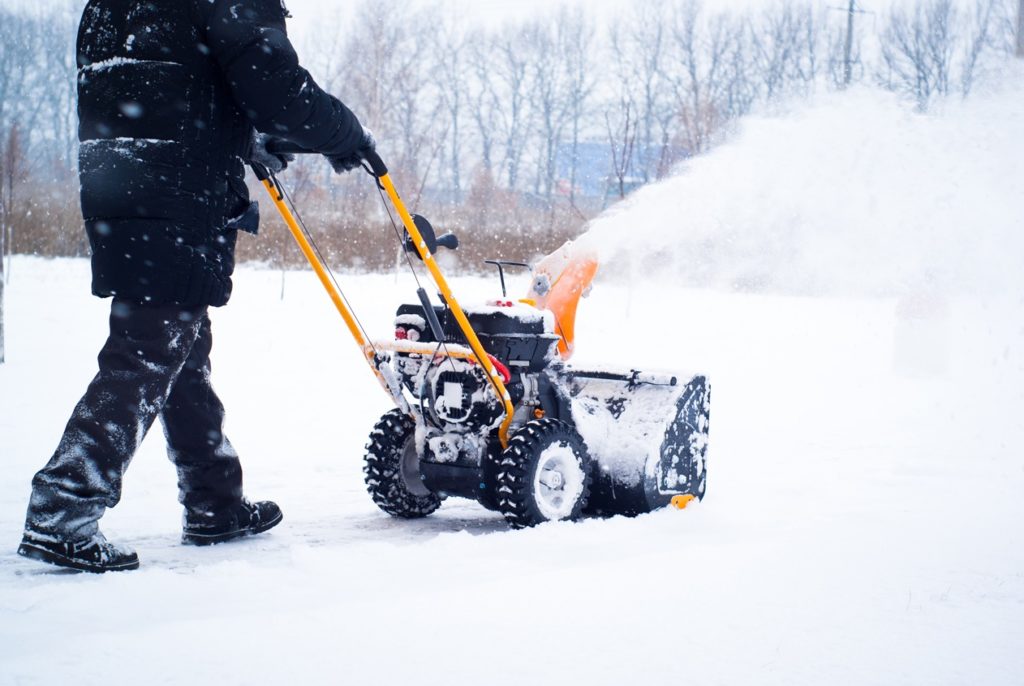Learn More
x





The holidays have come and gone and we are now in the thick of winter. As all New England residents know, that means low temperatures, the occasional snowstorm, and a lot of ice.
One of the more tedious winter routine tasks for homeowners in Massachusetts is the regular removal of snow and ice from driveways, porches, sidewalks, and pathways around your home. In addition to your driveway, your responsibility to be on top of removing ice and snow usually extends to the sidewalk in front of your property.
Some towns and counties even have laws that foresee penalties for homeowners who do not maintain their sidewalks in a reasonably clean and safe condition.
Moreover, if a guest or passerby gets injured after slipping and falling on your icy pavement or driveway you may find yourself grappling with legal trouble and a homeowners insurance claim that can affect your policy and premium for a long while thereafter, or even result in a policy cancellation.
A claim of that nature, for example, could deplete your homeowner’s insurance medical payments coverage if the injury is serious enough to require costly medical interventions. Your liability coverage could also kick in if it is shown that the injury occurred due to negligence on your part, i.e. failure to maintain safe conditions on your property by not keeping it adequately clear of ice. Both of these scenarios are sure to entail a cumbersome legal process and to hurt your standing with your insurer.
All of the above is particularly important if you are a landlord as well. Braving the chances of a tenant sustaining an injury due to improper property maintenance is a surefire way to face legal trouble and claims against your landlord liability insurance down the line. Make sure that the lease you provide to tenants makes it very clear whose responsibility it is to shovel snow and clear ice and read on for some simple tips regarding ice and snow removal, whether you are a landlord or not:
In order to be properly prepared, both mentally and in terms of necessary supplies, for pronounced dips in temperature, snowstorms, or any other adverse weather.
No one wants to find themselves scrambling to gather supplies last minute, right?
If you own a rental property that is located more than an hour away from your own residence (or if you are unable to perform snow removal for this property on your own), hire a contractor to complete this task for you. Your landscaper, for example, may offer services of this nature in the wintertime, since landscaping is often put on hold during snow season. Do not wait for snowfall to make arrangements: confirm what your contractor’s rates are as well as all tasks that will need to be addressed and check with them after any storms to ensure you are all set.
Alternatively, a tenant may be willing to take care of snow and ice removal for you in exchange for a rent discount or direct payment for this service. Make sure any arrangements you make are written down just in case any disputes arise down the line.
The simplest way to keep driveways and sidewalks ice and snow-free if you are doing all the work on your own is to shovel early and often.
Fresh snow is significantly easier to remove than a thick, heavy snow layer or snow that has hardened into an icy sheet after sitting on your property for a few hours. Deicers will also be more effective with thin layers of snow so if possible get out there every few hours and chip away at the accumulating snowflakes.
Enlisting the help of teenagers (your own or others in the neighborhood) might also alleviate some of the workload while providing them with an easy way to earn some extra cash.
Whenever you are on the street shoveling, be very vigilant, particularly if there are children around, in order to avoid tragic accidents such as getting hit by passing snowplows.
Do not let children or other family members sit in idling cars while you shovel or run the snowblower to avoid the risk of carbon monoxide poisoning! If snow blocks a vehicle’s exhaust, it will prevent fumes from properly escaping which means they will build up in the car and pose a lethal risk to anyone inside it.
Salt can cause damage to concrete and corrode metal in addition to posing a hazard for pets who might ingest it or step on it. Moreover, if salt accumulates it might eventually get into local waterways as the snow melts and affect the local ecosystem. Keep in mind that Massachusetts law stipulates that any substances intended for snow and/or ice removal have to be safely stored away from any water or groundwater supplies in order to avoid causing contamination (MGL c. 85, § 7A).
Calcium chloride works at lower temperatures, requires the use of smaller quantities to be effective and does not contain cyanide. You can also add a little sand in the mix for extra traction. It may be a good idea to keep a bucket or bag of ice melt in a safe but accessible location at any income properties you own as well so that it can be used readily throughout the winter.
The next time storm clouds gather, put on your warmest gear, head out for a quick snow shoveling workout and remember that winter is inevitably followed by the blossoming of springtime.
Learn More

With winter just around the corner, we have compiled a list of preventative measures you can take now to ensure your house is prepared for the cold ahead.

About one in eight drivers do not have uninsured driver coverage and end up having to pay for all the damages of an accident with their own pocket. How to avoid having this cost in advance?

We are an insurance company made by people for people. A community that speaks tyour language, with people who care about your future! Here you can find all the protection and care that a home offers. Come and join us!
Get a Quote

Need help? Chat with BRZ!
x